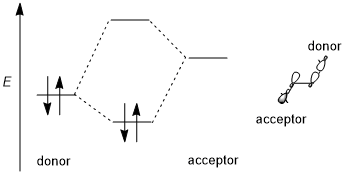More climate change chicanery. The graph above (which I gleaned from Noah Diffenbaugh's Google posts), is an attempt to make climate prediction inaccuracies vanish. The light, pointed line is actual global temperatures from 2000 - 2012. As it is fresh data, they are the real global temperatures, from satellites and ground stations; little or no adjustments needed. The dotted lines are some several (not all) model projections, with the shaded uncertainty of them in the blue band (note how this band keeps growing wider in time).
The years 1970-1990 are all in good agreement, though how they match earlier is unknown from this graph.
What is the red line? It is the result of taking the real data, and removing all factors (el nino years, volcanism, alleged or real, etc.); that is, removing all factors not accounted for in the models. Of course the agreement is good; the red line is being forced to cover only what the models cover; by definition, agreement must be excellent. This is what is known in logical as circular reasoning. We know the models be correct, ergo the data must fit it.
In reality. the actual data reach a peak in 1998 (an El Nino year), and, on average, proceeds pretty horizontally to the end of the data (the hiatus), while the models keep predicting ever rising temperatures.
What's especially interesting here is that critics will and have cried "foul" at the inclusion of the '98 El Nino, but have freely used the 2014-2015 (and maybe into 2016), to imply that overall warming has started again -- though, by their own analysis, they must be adjusted out of the real data.
What this all demonstrates is that current models cannot predict real world data out to a decade or two, and yet we're supposed to believe them out to 2100. And new data, requiring readjustments every years (plus old ones, like clouds, which still aren't well understand), shouldn't dent our faith one millimeter.
I won't draw any conclusions. I think they're obvious.
A Medley of Potpourri is just what it says; various thoughts, opinions, ruminations, and contemplations on a variety of subjects.
Search This Blog
Thursday, May 14, 2015
Stereoelectronic effect
From Wikipedia, the free encyclopedia https://en.wikipedia.org/wiki/Stereoelectronic_effect ...

-
From Wikipedia, the free encyclopedia Ward Cunningham , inventor of the wiki A wiki is a website on whi...
-
From Wikipedia, the free encyclopedia https://en.wikipedia.org/wiki/Human_cloning Diagram of ...
-
From Wikipedia, the free encyclopedia Islamic State of Iraq and the Levant الدولة الإسلامية في العراق والشام ( ...
